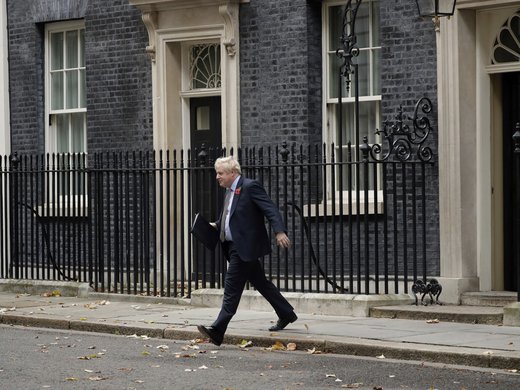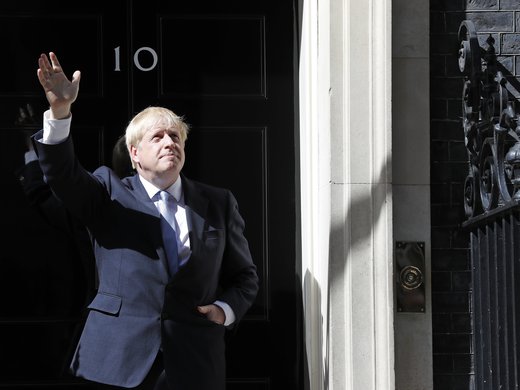In the same week that Germany and France celebrated the 50th anniversary of the Elysee treaty marking a commitment to increased cooperation between the two long-standing adversaries, British PM Cameron announced that, if re-elected in the next general election, the Conservative government would hold a referendum on UK membership in the European Union. What does this signify in terms of the governance arrangements for Europe?
There has long been disenchantment with the EU within the Conservative Party, if not the UK more generally. Jerimiads complaining of unwarranted interference from Eurocrats in "Brussels" — the shorthand for the myriad regulations emanating from EU directorates — have been standard fare of British politics and comedy for several decades. (Affectionados of Yes Minister will recall the episode on Brussels' beef with the noble British banger.)
It is tempting, therefore, to dismiss the latest announcement as an attempt by a beleaguered prime minister in an unpopular coalition to drive a wedge issue between him and his partner — in effect, to file divorce papers.
But there is also a more fundamental governance issue at play here. The financial crisis that has gripped the euro zone has laid bare institutional weaknesses — governance gaps — that the architects chose to ignore. Filling those gaps will require a delegation of more national sovereignty to Brussels. And, while both Conservative and Labour governments wisely (in retrospect) opted not to adopt the euro, the rest of the euro zone is seemingly condemned to an indefinite future of austerity, slow growth and high unemployment. Is it surprising that these members of the EU are increasingly annoyed that the UK retains its voice in the running of Europe while it avoids the euro zone's painful adjustment — never mind that the UK has embraced its own version for whatever reason. After all, misery loves company.
Faced with the potential threat of increased encroachment of Brussels directives and continental stagnation, what would you do? I suspect that the referendum is an attempt to strengthen the London's negotiating position in support of carve outs (or exemptions) preserving the UK's unique character within the EU — most particularly to preserve the City of London's role in global finance. If it succeeds, the threat of referendum can be taken off the table. However, if the strategy doesn't secure the special treatment Number 10 seeks, the referendum just might be the first step in a process that would sever the decades-long dalliance between the British and their European suitors. The equivalent of filing for divorce.


